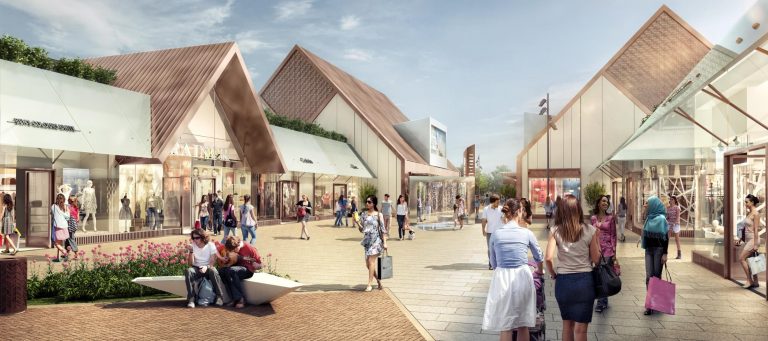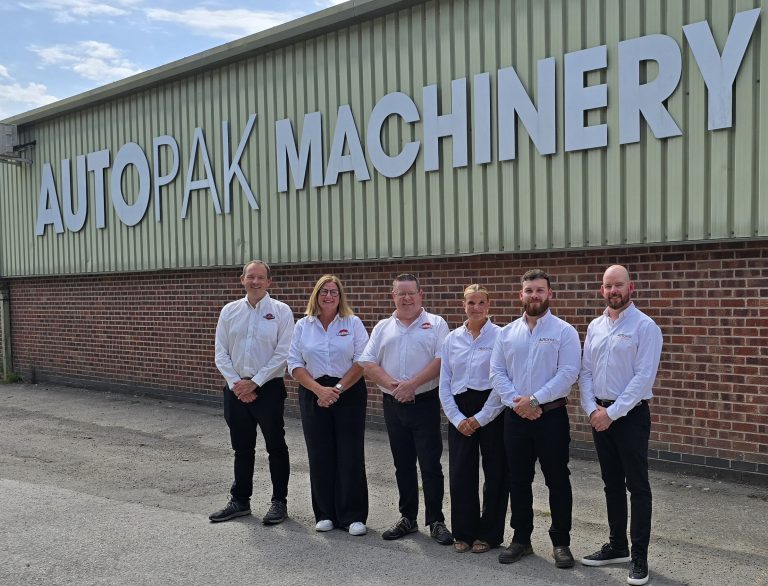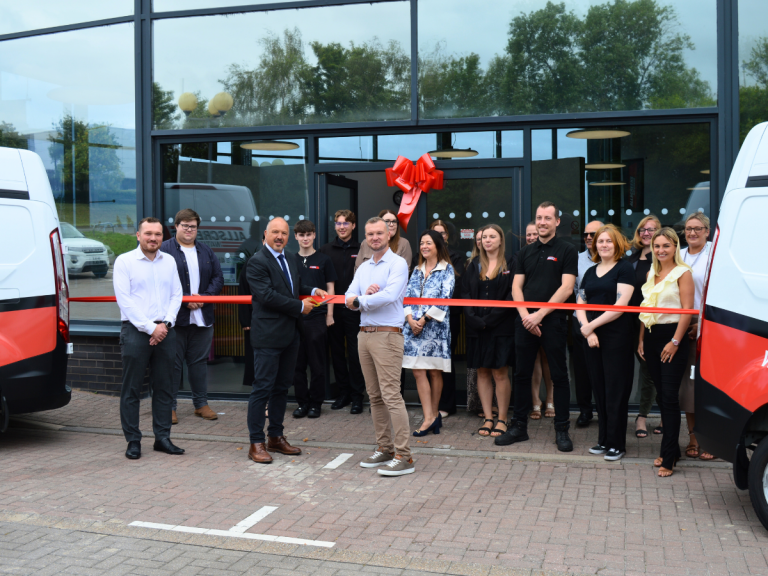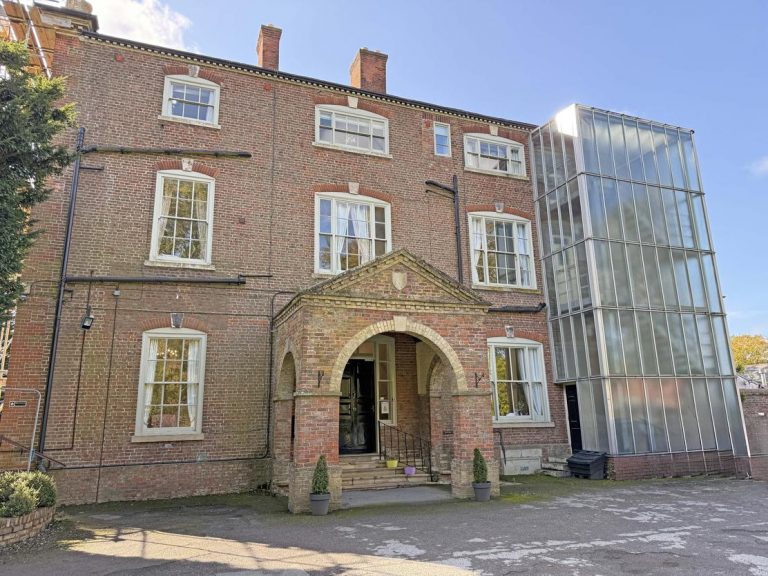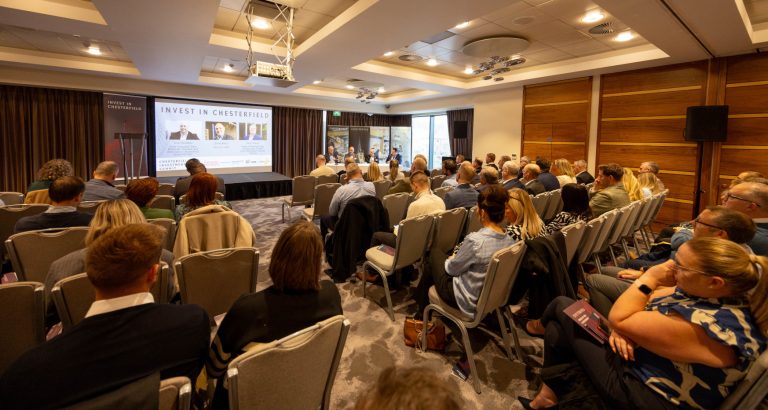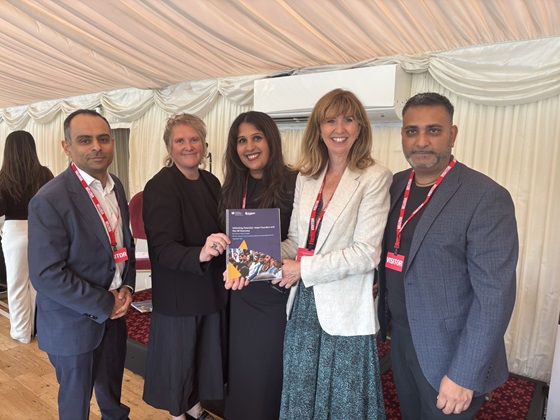Invicta Holdings Limited, listed on the JSE, has completed the purchase of UK distributor Spaldings Limited for R282.2 million through its subsidiary, Invicta Global Holdings Limited. The acquisition took effect on 1 September 2025.
Spaldings, established in 1954 and based in Lincoln, Lincolnshire, supplies agricultural and ground care replacement parts and machinery. The company reported a net profit of £526,838 for the year ending 31 December 2024. Annual profits for 2025 are projected between £1.4 million and £1.6 million, with a net asset value of £4.5 million at the end of 2024.
The deal aligns with Invicta’s plan to expand internationally in markets where it has sector experience and management capacity. The acquisition is expected to support growth in Invicta’s global replacement parts and engineering business, enhance procurement efficiency, and broaden the product range. Funding will come from Invicta’s existing cash reserves.
The transaction is classified as a category 2 acquisition under JSE Listings Requirements and does not require shareholder approval.
David Fox, non-executive chair at Spaldings, said: “In Invicta Holdings, we have found a like-minded business that has significant expertise in our core markets – individuals who have shown great desire to support Spaldings in the next phase of our growth journey, while backing the existing management team to achieve those ambitions.” Law firm Mills & Reeve advised on the sale of the holding company of the Spaldings Group to Invicta Holdings. The Mills & Reeve team acted for the sellers, Inspirit Capital and the management shareholders of the Lincoln-based company. The team was led by corporate partner and head of international Tom Pickthorn and principal associate Hayley Simonds, with support from Ashley Kerr. Hayley Simonds said: “Spaldings is a company with a rich heritage and strong footprint – not only in the East Midlands, but also in the agricultural sector. This deal is not only a significant milestone in the company’s growth journey, but also demonstrates the ongoing appeal of high performing regional businesses to acquisitive overseas buyers.”



